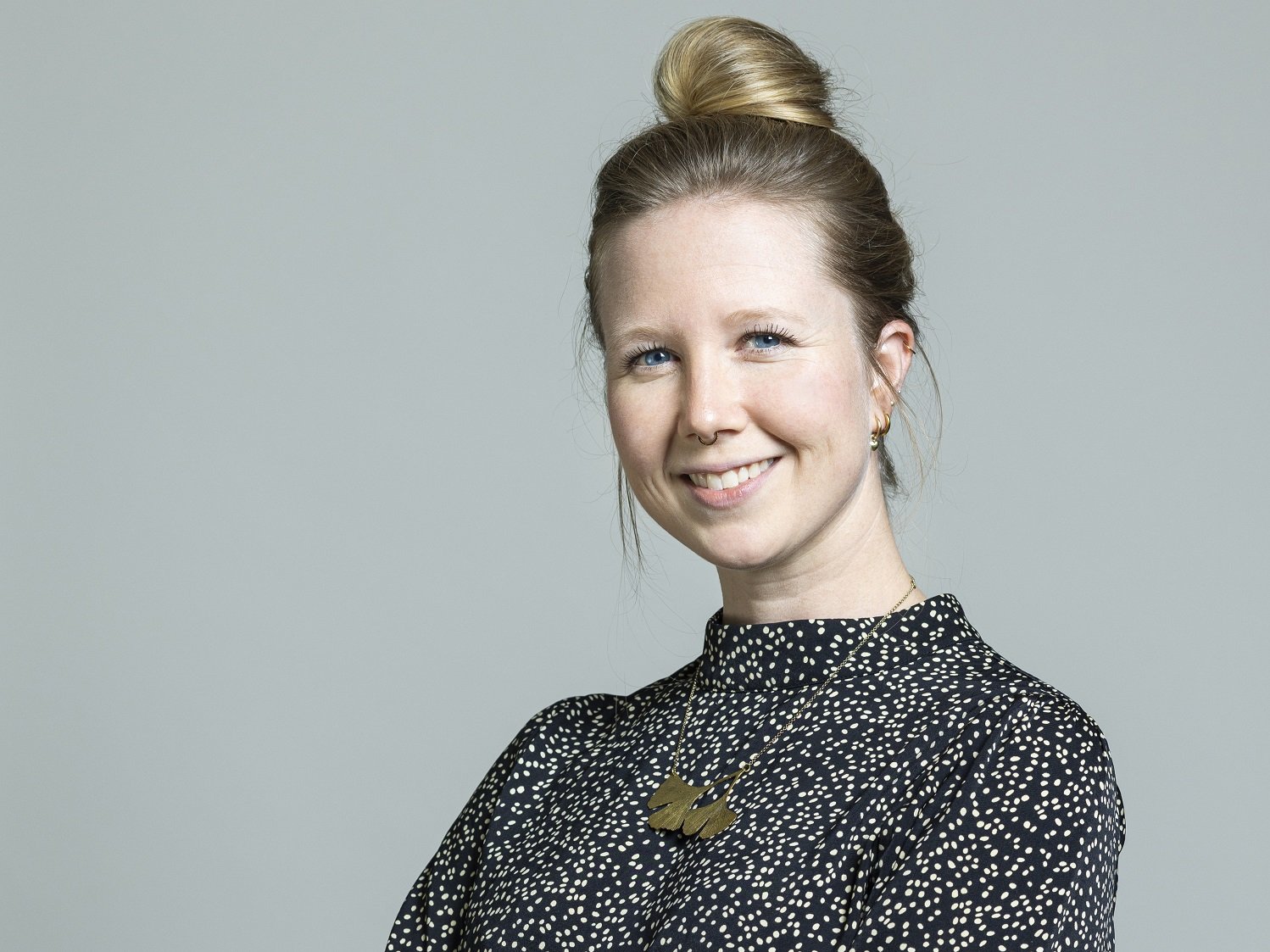+49 234 36186 9399
britta.koehler@pknrw.de
Do you have any questions about the Department or need further information? Please contact us.
In the doctoral program ‘Built Environment and Cultural Heritage’ at the Department of Construction and Culture, doctoral candidates with a background in technical, natural, or engineering sciences, as well as candidates with degrees in design, humanities, or cultural studies—such as architecture, design, monument preservation, and conservation science—conduct research together within the clusters Building Technology and Construction, Infrastructure, and Space and Culture. The program provides structured guidance toward the doctoral degree.
The doctoral program 'Built Environment and Cultural Heritage' at the Department of Construction and Culture addresses the sustainable use of natural resources as well as the minimization of energy consumption and CO₂ emissions during the construction, operation, and deconstruction of buildings. It also examines the theories, history, and practices of designing and shaping landscapes, cities, buildings, spaces, objects, and artifacts, and engages with techniques for the preservation and communication of art and cultural heritage.
The program focuses on the following thematic areas, among others:
The program aims to systematically involve doctoral candidates in disciplinary and interdisciplinary scientific discussions from the outset and to promote regular exchange among candidates as well as with internal and external experts. Participants acquire both subject-specific and transferable skills. Through a comprehensive supervision concept, doctoral candidates are gradually enabled to conduct independent scientific work.
From the very beginning, doctoral candidates are integrated into a supportive and challenging environment, which simultaneously allows them to network both within and beyond academia and to establish early contacts for their future careers.
The doctoral program is primarily aimed at graduates with a technical, natural science, or engineering background, as well as graduates from design, humanities, or cultural studies disciplines such as architecture, design, heritage conservation, and conservation science, who wish to address the topics and research questions of the program in their doctoral projects.
To be admitted as a doctoral candidate in the department and to be able to pursue a doctorate within the program, the following requirements must be fulfilled:
Admission as a doctoral candidate is decided by the doctoral examining committee.
The doctoral program is designed for a duration of three years and consists of a mandatory component and an elective component.
Within the program, doctoral candidates are introduced to a wide range of methodological and theoretical approaches, as well as interdisciplinary perspectives, which they can apply to and further develop in their own research. In addition, networking and cross-disciplinary qualification opportunities provide diverse ways to prepare for a career inside or outside academia.
In the mandatory component, doctoral candidates are required to complete the following:
The mandatory components can be appropriately complemented by elective activities. These include, for example:
The department regularly offers the following events within the framework of its doctoral program:
To date, the department’s lecture series begins with an inaugural event held as a full-day session featuring several presentations at one of the universities represented in the department. The subsequent sessions take place online throughout the year on various weekdays, usually from 3:00 p.m. to 5:00 p.m.
A revision of the current event structure is presently under consideration.
The research colloquium currently takes place once a year as a full-day, in-person event at one of the universities represented in the department.
The department provides its doctoral candidates with information on forthcoming events via email as well as on the “News” page.
The Doctoral School NRW regularly offers the mandatory workshops “Good Scientific Practice for Doctoral Researchers” and “Ethics and Responsibility in Science and Society” as part of the doctoral training program, as well as additional opportunities within its Interdisciplinary Qualification Program that support personal, academic, and professional development.
Advice from the Department of Construction and Culture (.pdf)
Confirmation of Main Supervision (.docx)
Confirmation of Co-Supervision (informal) (.docx)
Confirmation of Third Supervision (informal) (.docx)
Kurzanleitung (.pdf)
Vorlage für das Protokoll über die Disputation (.pdf)
Druckerlaubnis für die Dissertation (.pdf)
Informationen zur Veröffentlichung der Dissertation (.pdf)
Bestätigung der Einreichung der Pflichtexemplare der Dissertation durch die Hochschulbibliothek (.docx)
of the Department of Construction and Culture of the Graduate School for Applied Research in North Rhine-Westphalia from 14.03.2023 (.pdf)
of the Graduate School for Applied Research in North Rhine-Westphalia dated 31.01.2023 in the version dated 05.05.2025 (.pdf)
Dr. Britta Köhler-Hoff
Coordination of the Department of Construction and Culture
+49 234 36186 9399
britta.koehler@pknrw.de
Do you have any questions about the Department or need further information? Please contact us.
